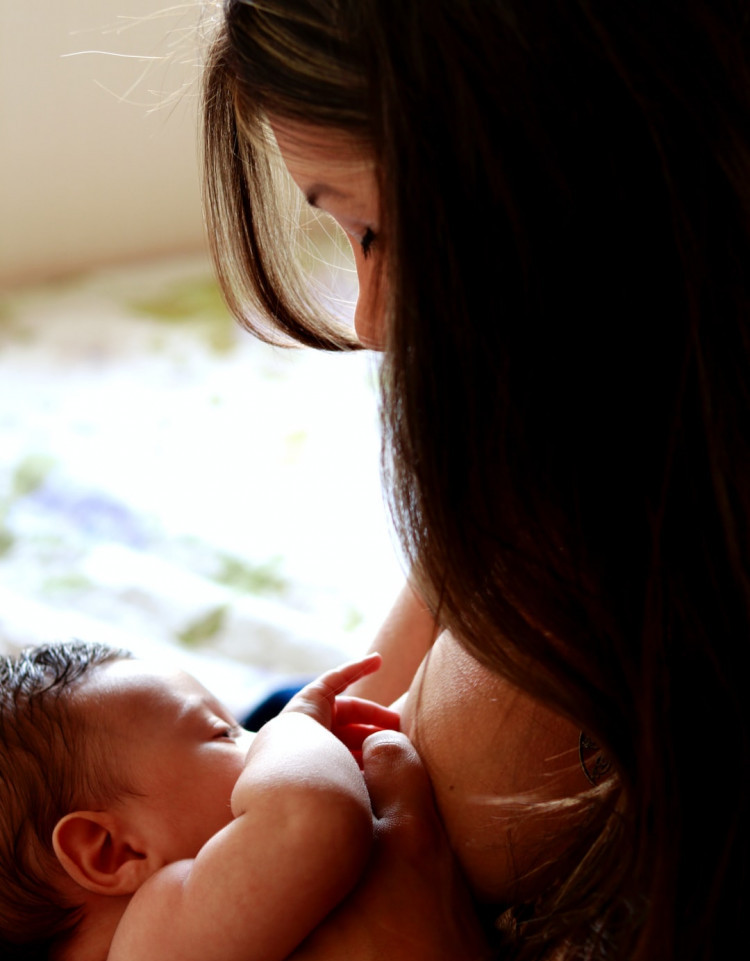
It is important that mothers eat a healthy diet and continue taking prenatal vitamins. Breastfeeding requires more energy and nutrients than pregnancy. Most breastfeeding moms should consume a total of 2,000 to 2,500 calories per day or about an additional 500 calories. This will be sufficient energy to help the body with milk production
Should I change my diet while breastfeeding?
This is the period that moms can enjoy the excuse to eat a variety of tasty, healthy foods, and with every bite you knew that what you were eating and drinking were passing through your body and breast milk to your baby. The more you expose your body and your baby to a variety of nutritious foods, the healthier you and your baby will be for life. It is also very important to stay well hydrated with the combination of water, juice, milk, soups, fruits and vegetables.
Sometimes moms need to eliminate certain food from her diet because it causes problem for breastfeeding infants. If you notice signs of allergy (such as fussiness or blood in the stool), call your pediatrician right away. Dairy products, such as cow’s milk, are the most common offenders. In some cases, an infant may develop blood in the stool, which can be due to sensitivity to dairy in mom’s diet. In such instances, a mom may need to eliminate dairy products temporarily from her diet. The good news is that most babies will outgrow this reaction by one to two years of age.
I discovered that when I ate certain foods, in excess amounts, such as broccoli, bean and lentils, my nursing baby would be a bit more fussy and gassy. Although there was really no research to prove my claim, some mothers I talked to have the same experience, that foods most likely to make babies fussy and gassy are broccoli, cauliflower, lentils, beans and cabbage.
We all know that a baby’s healthy diet starts with milk – specifically, breast milk, which is the most nutritious first milk for any infant. It will prime your baby’s brain, digestive tract, immune system, and a palate for healthy life. It is through breast milk that your baby will get a first taste of nutrients and flavors from your diet, setting her on path to long lifelong healthy eating and nutrition.
Although breastfeeding is natural, most babies are not born experts ( and neither are we moms!). It may take a few days (or even weeks) for you and your little one to catch on, especially if your milk supply is a little slow to come. Try not to get discouraged. Don’t be afraid to ask for help from day one, if not before. Breastfeeding requires patience and can be hard work initially, but keep at it because the benefits for your baby’s health as well as your own are immense.
Physical Activity While Nursing
Exercise won’t hurt your milk supply. As soon as your doctor allowed you to safely start exercising, do so as it helps you to stay healthy and get back to your pre pregnancy state. As long as you maintain a healthy diet, your milk supply should not be affected by exercise. Your body burns about 500 calories per day to produce the milk your baby needs. If you’re exercising a lot, you have to make up for the extra calories expended.
Studies show that exclusively breastfed babies of mom who exercise regularly grow as robustly as those moms who are not as active. Those bonus immune-boosters in breast milk don’t seem to be altered with moderate exercise either.
Since your entire system are lax up to four months after your pregnancy and your body has to recover after the baby, you should start any activity slowly. Beginning with 10 to 15 minutes of low impact cardio activities such as walking, the use of elliptical machines, and increasing by five minutes at a time is a good plan. Incorporate at least 10 minutes of core strengthening as well as to help regain strength and muscle tone in the muscles most affected by pregnancy.




